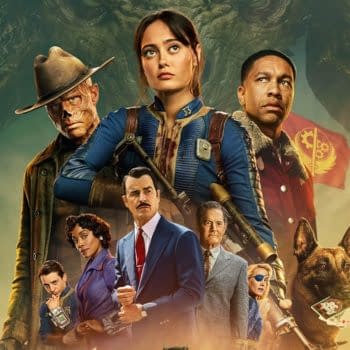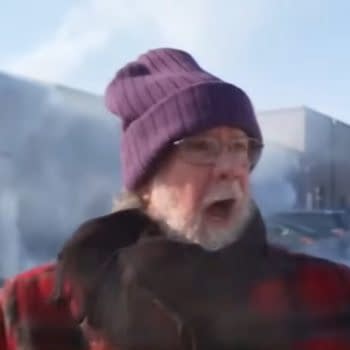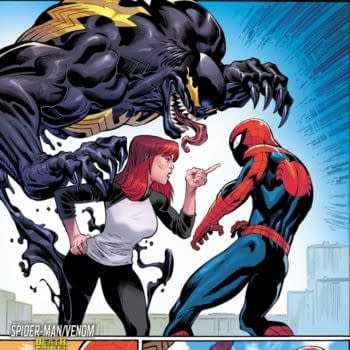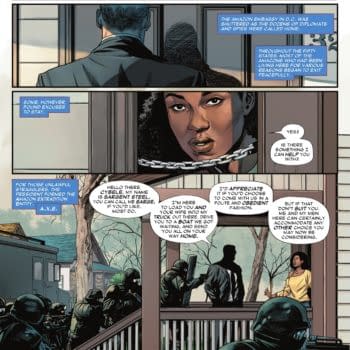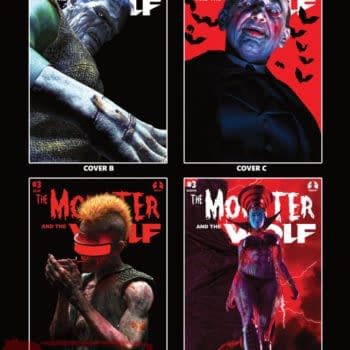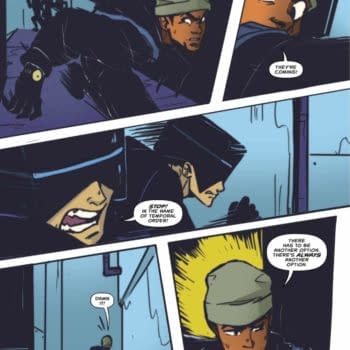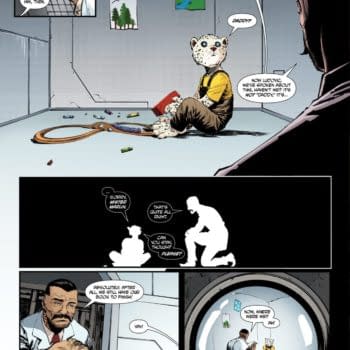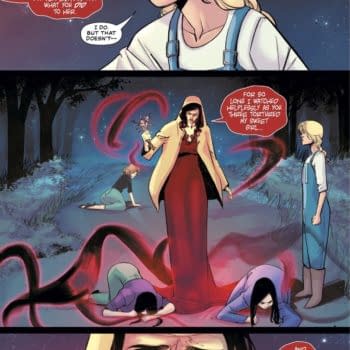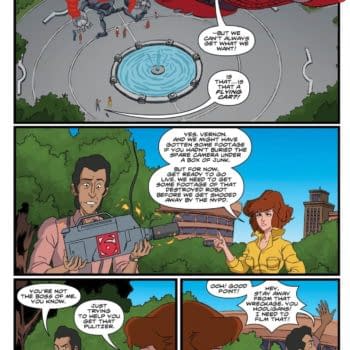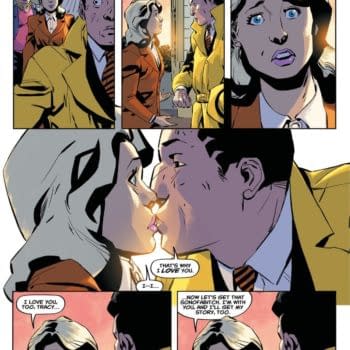Posted in: Comics | Tagged: joe sacco, palestine
Joe Sacco On The Removal Of Palestine From His CBC Interview
Joe Sacco is one of America's great graphic novelists, using the medium of comics to tell his world travelling works of reportage journalism from within a variety of communities. His most famous work is called, simply, Palestine. But it is a word that, apparently, shouldn't have been uttered in a recent interview with Canadian state broadcaster CBC.
Back in August 2020, Sacco was interviewed about his new book, Paying The Land, on colonialism and the Dene people of the Northwest Territories of Canada by the reporter Duncan McCue, an Anishinaabe, and a member of the Chippewas of Georgina Island First Nation, in southern Ontario.
In his interview with Joe Sacco, McCue stated, "In so much of your work, context is key — whether it's Palestine, or whether it's Bosnia. In this book, when you're asking the Dene…" In the online version posted later, the middle clause was cut. "In so much of your work, context is key. In this book, when you're asking the Dene …" The day afterward, McCue stated, "Yesterday, in my interview with Joe Sacco, I referred to the Palestinian territories as 'Palestine.' We apologize,"
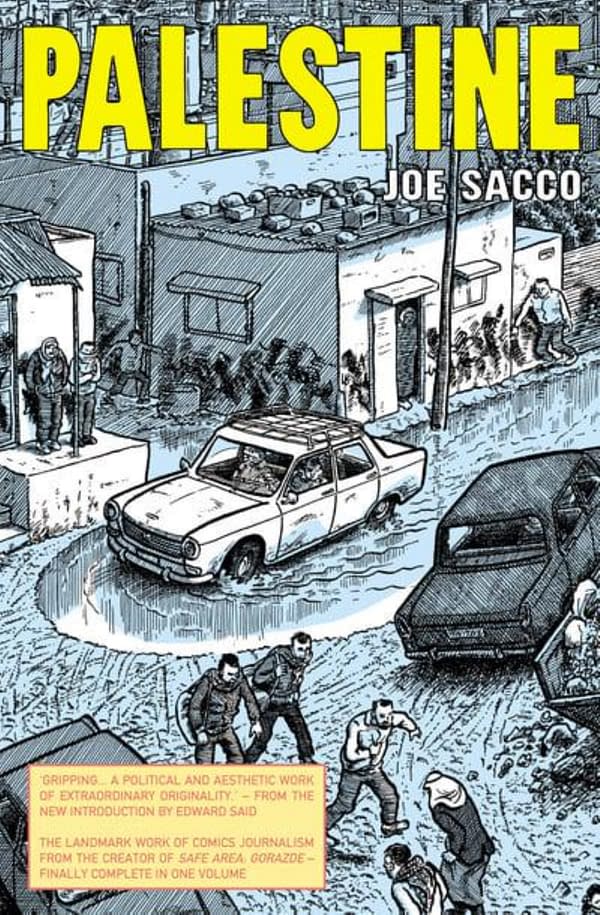
Joe Sacco issued the response:
"It's ironic that the CBC would apologize for the use of the word "Palestine" for a segment about my book, whose subject is at least partly the attempted obliteration of the cultural identity of indigenous people of the Northwest Territories, particularly through the notorious residential school system. Imagine today if the First Nations people I talked to, the Dene, would be made to apologize for using their word "Denendeh", which means "The Land of the People," for describing where they live. To whom, exactly, was the CBC apologizing for using the word "Palestine"? If anything, this storm over a proper noun brings into relief a similar way the adherents of colonial-settler projects seek to suppress native peoples and then laud their dominance. I'm sure none of this is lost on either Canada's indigenous people or Canadian-Palestinians."
CBC offered its own response to the controversy over the apology with a clarification:
To be clear, there was no pressure from anyone. We did it because it is CBC policy to not refer to Palestine as a country or entity. Here is our internal language guidance on this issue:
Palestine vs. Palestinian territories — There is no modern country of Palestine, although there's a movement to establish one as part of a two-state peace agreement with Israel. So do not refer to Palestine or show a map with Palestine as a country. Use the term "pro-Palestinian" instead of "pro-Palestine" when referring in generic ways to Palestinian supporters. Areas under the control of the Palestinian Authority are considered Palestinian territories: Fatah-run West Bank and Hamas-run Gaza Strip.
I understand that Palestine is recognized as a state by the UN, as well as more than a hundred countries and other organizations. However Canada, the U.S, Britain, Germany, Italy, France, Japan, Australia, New Zealand among others do not.
Nevertheless, it does appear to be the graphic novel that dare not speak its name.






